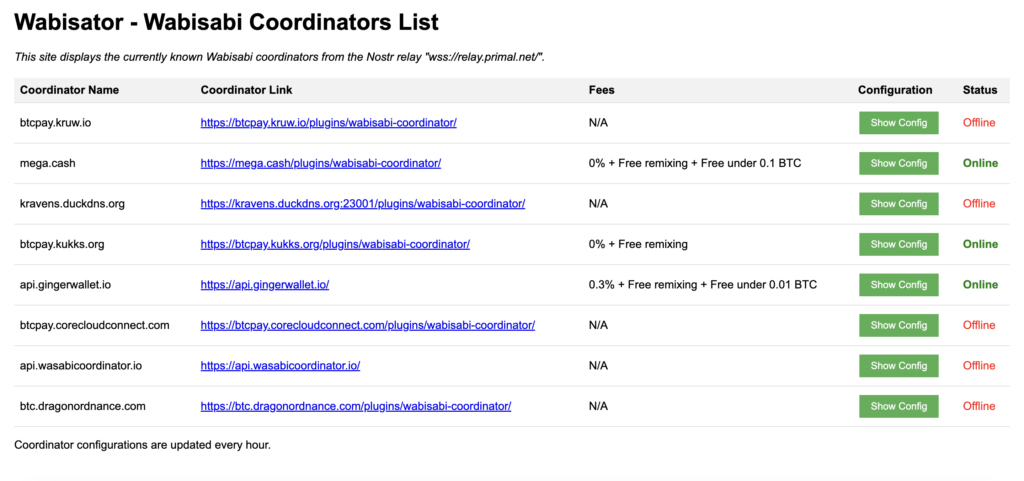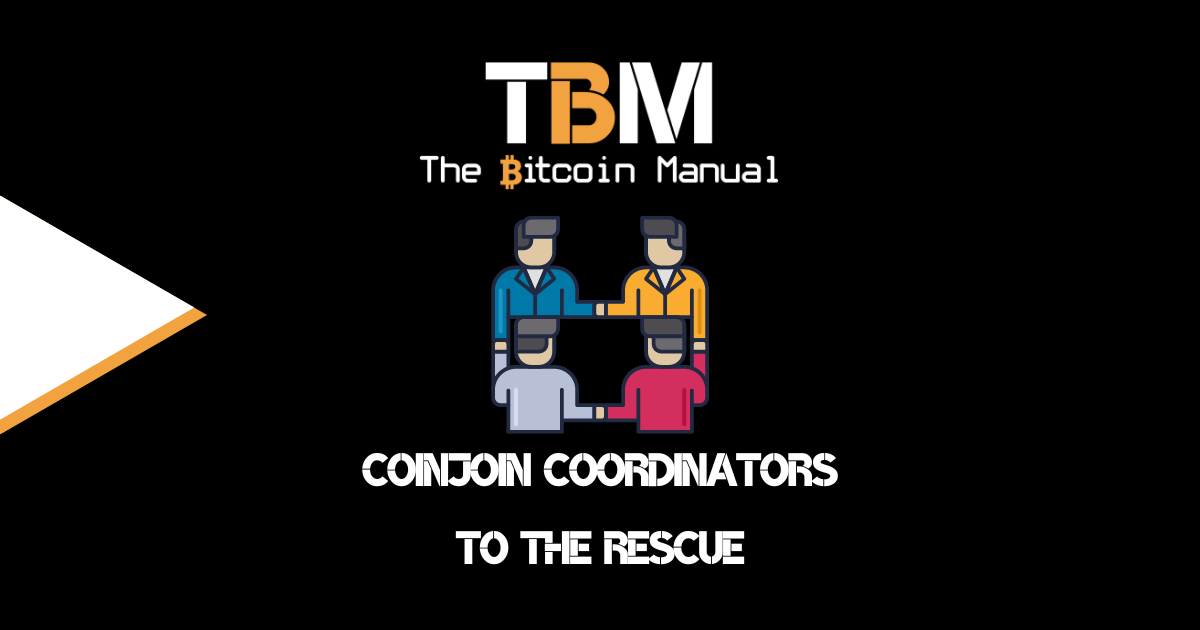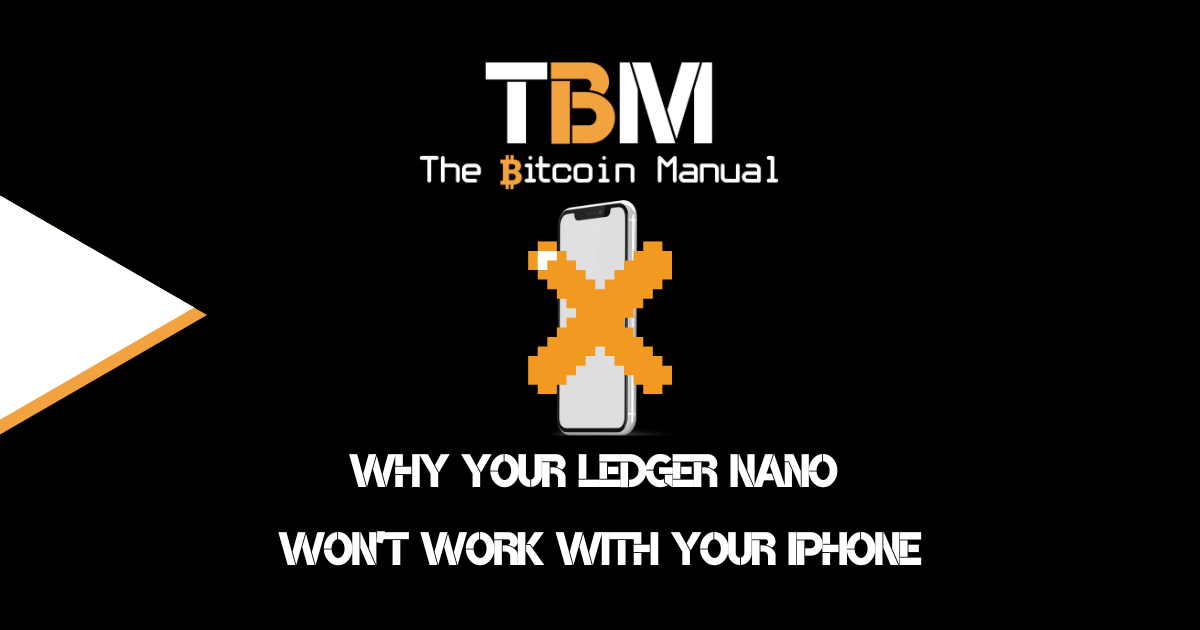The past few months have seen a shakeup of Bitcoin privacy tech, centring around two main service providers who have since shut down operations, one by force and one by choice.
The first was Samourai Wallet and its Whirlpool coordinator, whose maintainers were arrested and their servers seized by the US Department of Justice in April 2024. Prosecutors have alleged that, between 2015 and the seizure of Samourai Wallet’s servers last week, the app “facilitated more than $100 million in money laundering transactions from illegal dark web markets” and around $2 billion total in “unlawful transactions.
Following the crackdown and increased pressure, rival platforms, Wasabi Wallet, called time on their operations. In June 2024, zkSNACKs, the company behind the popular Wasabi Wallet, announced the closure of its CoinJoin coordination service.
CoinJoin, a service that mixes Bitcoin transactions to enhance anonymity, was a significant tool for users seeking financial privacy. It has been a popular method of breaking chain analysis and maintaining forward privacy when interacting with the blockchain. However, the vast majority of its use comes from perfectly legally owned funds.
CoinJoins are used by ordinary Bitcoin users to ensure that their wallet balances and spending are harder to track. These coordination services are open to the public, and anyone can join a mixing round, which is a concern for law enforcement, who claim that these services facilitate money laundering.
This shutdown, driven by regulatory uncertainty in the US, left many wondering how Bitcoin users will maintain privacy in a transparent blockchain.
The CoinJoin conundrum
CoinJoin combines multiple Bitcoin transactions into a single, similar-sized set of outputs and sends them to the various participants at brand-new addresses. Following the mixing process, these new UTXOs are harder to attribute to a single user and make it difficult to trace the origin and destination of individual funds, offering a layer of anonymity.
The issue with CoinJoin’ing is the coordination process; you need to have a sizable amount of users willing to mix funds, and this was initially solved through privacy wallets like Wasabi and Samourai, which offered a user-friendly interface and made CoinJoin accessible to a wider audience.
As we’ve seen, the coordinators were a single point of failure, and if they could be unmasked and found, their service could be disrupted, shut down, or they could be pressured into shutting down.
The privacy impact
Since these services handled the bulk of mixing, the closure of the CoinJoin service undoubtedly hinders Bitcoin users’ ability to achieve complete anonymity. While the blockchain itself is public, users previously relied on CoinJoin to obscure the trail of their transactions.
However, the fight for Bitcoin privacy isn’t over.
Projects picking up the slack
As is the case with every attack on Bitcoin, the community of cyber-hornets responds by offering alternatives, and several projects are emerging to fill the void left by Samourai and Wasabi’s CoinJoin shutdown.
Ginger Wallet
Since Wasabi open-sources its code, anyone could fork it and spin up a new service. So part of the previous Wasabi team did just that, creating Ginger Wallet an open-source, non-custodial, privacy-focused Bitcoin wallet for desktop devices.
“We concluded with the Wasabi maintainer that our future directions were different, so we decided to create a fork of the Wasabi project. The fork was created recently after Wasabi v2.0.7.2, with no functional changes — just rebranding”
Dávid Molnár – stated in a blog post.
As a fork of Wasabi Wallet with an unchangeable default coordinator that sends all CoinJoin input transactions to a chain surveillance partner, Ginger aims to take over from Wasabi and service the existing client base, offering:
- The same fee structure and restrictions as before with Wasabi (zkSNACKs) coordinator:
- FREE Remix.
- FREE under 0.01 BTC.
- Free for coins that come from Wasabi CoinJoins.
- “Secure! Illicit actors are not allowed to participate.”
- “Residents of USA not allowed to use it.”
Multiple coordinator services:
Wasabi’s wallet remains in a different form since you can still run the software and connect it to the Ginger Coordinator, which is also accessible via Wasabi Wallet. Since ZKSnacks, the company behind Wasabi, is calling it quits, they’ve allowed the wallet to support custom CoinJoin coordinators so the software can remain in operation.
If you’re not happy with Ginger Coordinator’s direction and its OFAC compliance stance, you can now switch to any of the growing list of coordinators.

Reliance on a single coordinator like Wasabi was seen as a vulnerability. New projects are developing decentralised CoinJoin networks with multiple coordinators, which makes it harder for a single entity (like regulators) to shut down the entire service.
These advancements, while promising, are still in their early stages. Finding reliable coordinators will take time, as will building up a reputation in this space. Decentralising a part of your stack will always bring more friction, and it remains to be seen if they can fully replace the centralised CoinJoin service’s ease of use and effectiveness.
For full node runners
If you’re a full node runner or someone who is looking to support privacy tech, you can take it a step further and set up a JoinMarket wallet using a service like Jam.
It takes two clicks to Install it on your Umbrel or Start9 Bitcoin node, and you can start mixing through your node wallet and even earn a fee for supplying liquidity for others who wish to mix funds with your capital.
The price of privacy
While achieving complete anonymity with Bitcoin can be challenging and come at a cost in additional fees or complexity, it’s important to note that the tools and techniques we have now are just the beginning. The ever-evolving nature of Bitcoin privacy solutions promises a constantly expanding toolkit.
The crackdown on CoinJoins has sparked a renewed focus on privacy-preserving tools. Wallet software maintainers are stepping up, discussing silent payments, stealth addresses, and PayJoins, all in a bid to offer more privacy options for users.
Bitcoin is a powerful tool, and responsible privacy practices go hand-in-hand with its use; you can’t have generational wealth tied to you everywhere you go like a scarlet letter; it would turn every Bitcoin holder into a possible walking ATM for criminals.
The fight for Bitcoin privacy is ongoing, and developers’ ingenuity will be crucial in shaping the future of financial anonymity, but developers need support from the community; if users don’t apply this technology to their everyday lives, there won’t be the sustained motivation to keep working on solutions and improving the tech.
While privacy tech can be somewhat laborious and costly to use, the alternative can be much more painful and costly, so stave off the $5 wrench attack, keep your stack silent and don’t let anyone know your next move.




